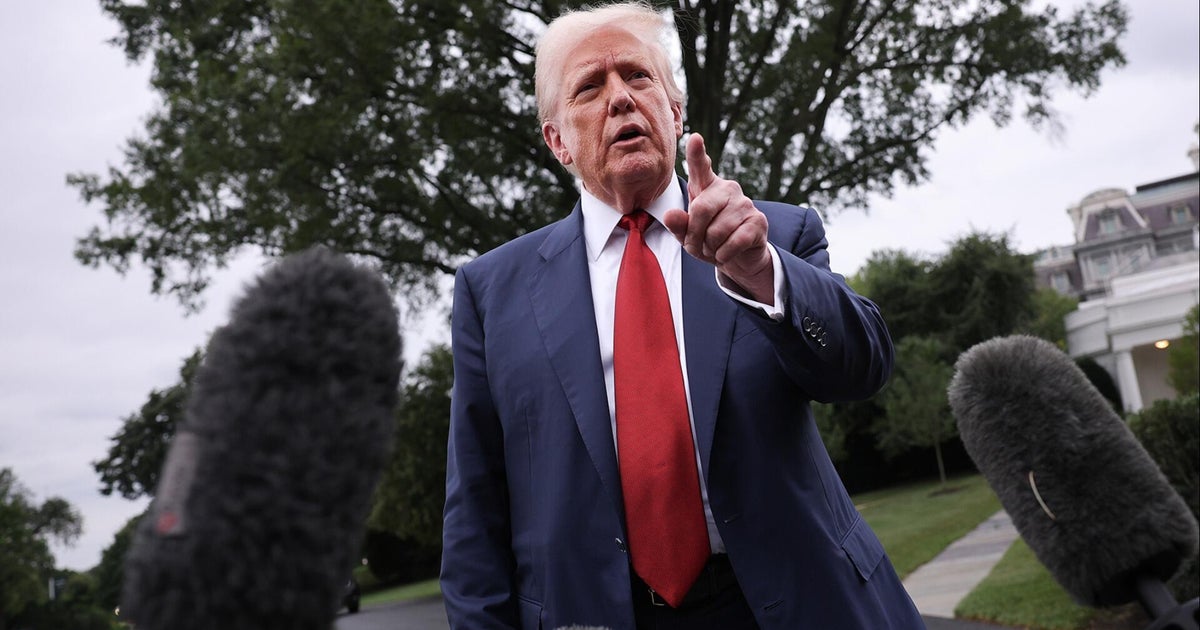Elon Musk boasted about how much he'd saved taxpayers when he was running the Department of Government Efficiency. CBS News took a close look at some of the numbers and found the money saved doesn't line up with what DOGE is saying. Nancy Cordes reports.
Why it matters
- The findings highlight potential discrepancies in government efficiency claims, raising questions about transparency.
- Accurate reporting on taxpayer savings is crucial for public trust in government programs.
- The implications of inflated savings could affect future funding and policy decisions.
In a recent examination of claims made by Elon Musk regarding taxpayer savings during his tenure at the Department of Government Efficiency (DOGE), CBS News has revealed substantial inconsistencies that cast doubt on the accuracy of those assertions. Musk, known for his high-profile ventures and outspoken nature, previously touted significant financial savings for taxpayers while leading DOGE. However, an analysis conducted by CBS has shown that the figures Musk presented do not match reality, with reported savings overstated by an astounding 97%.
According to the analysis, the supposed fiscal efficiencies claimed by DOGE were grossly inflated, prompting concerns about the validity of the department's reports. Nancy Cordes, a correspondent with CBS News, reported on the findings, emphasizing that the discrepancy between what was claimed and what was actually achieved raises important questions about the integrity of government efficiency initiatives. This issue goes beyond mere numbers; it touches on the fundamental trust citizens place in government operations and the accountability of public officials.
Musk's time as the head of DOGE was marked by ambitious promises and bold claims. He often asserted that his leadership led to groundbreaking changes that saved taxpayers a substantial amount of money—a narrative that appealed to both supporters and critics alike. However, the recent analysis indicates that these claims may have been more about marketing than actual financial prudence. The findings suggest that the methods used to calculate savings were not only questionable but also misleading, potentially skewing the public's perception of the effectiveness of government programs aimed at increasing efficiency.
The inflated savings figure raises critical questions about the methodology employed by DOGE in assessing its performance. Analysts argue that such discrepancies can have far-reaching implications, not only for current operations but for future funding and public policy as well. If the government is seen as misrepresenting its success in cost-saving measures, it could lead to skepticism regarding other programs and initiatives, ultimately undermining public confidence in governmental institutions.
Moreover, this situation is indicative of a broader issue within governmental operations where accountability and transparency are often challenged. The public relies on accurate information to make informed judgments about the effectiveness of their elected officials and the departments they oversee. When discrepancies like those revealed by CBS arise, they can erode trust and lead to calls for greater oversight and reform.
The findings from CBS's analysis come at a time when government efficiency is a hot topic among policymakers, especially in light of economic pressures and the need for responsible fiscal management. As discussions surrounding budget allocations and public spending continue, the accuracy of reported savings becomes increasingly vital. If departments are allowed to inflate their savings, it could skew budgetary priorities and ultimately harm the very citizens they are meant to serve.
In response to these revelations, there has been a renewed call for transparency and accountability in government reporting. Advocates for reform argue that it is essential for government entities to provide clear, verifiable data regarding their operations, particularly when it comes to financial matters. This not only fosters a culture of accountability but also reassures taxpayers that their money is being managed responsibly.
As this story continues to unfold, it remains to be seen how the findings will impact future discussions about government efficiency and accountability. The situation illustrates the delicate balance between ambition and responsibility in public service, particularly when high-profile figures like Elon Musk are involved. Ultimately, the integrity of government operations hinges on the commitment to transparency and the accuracy of the information provided to the public, a commitment that must be upheld to maintain trust and confidence in governmental institutions.











